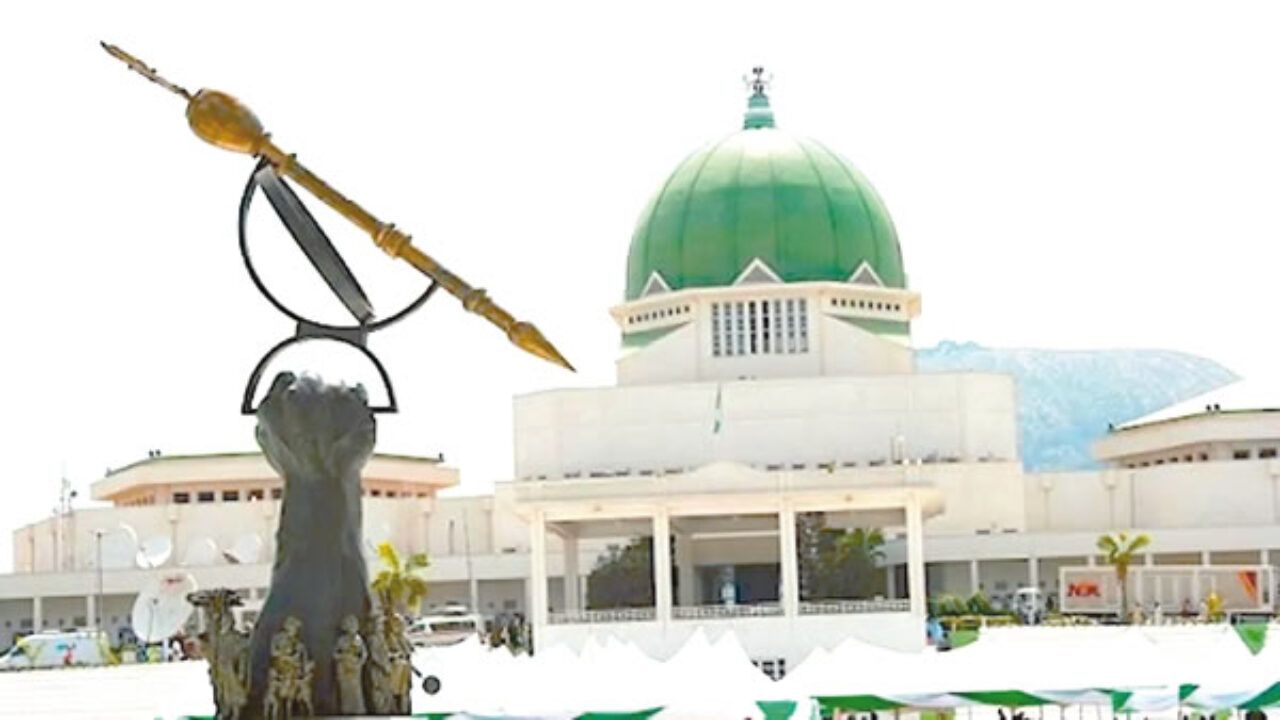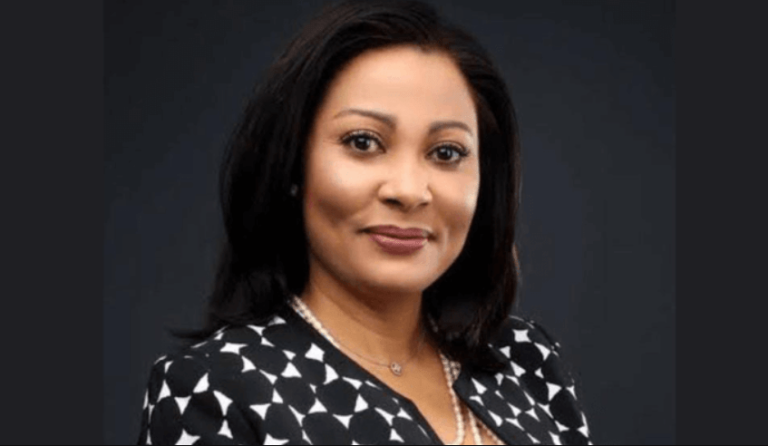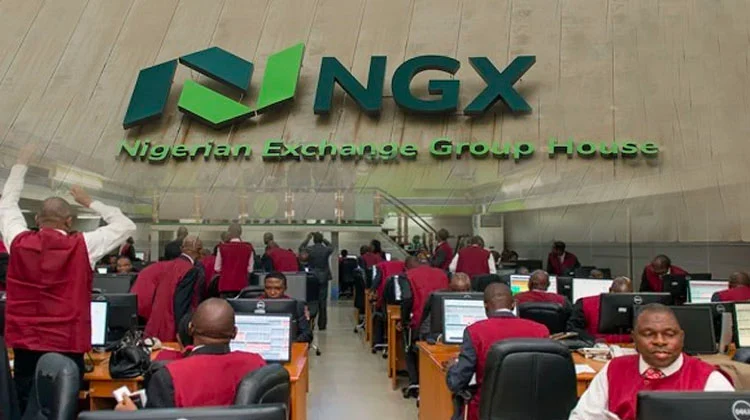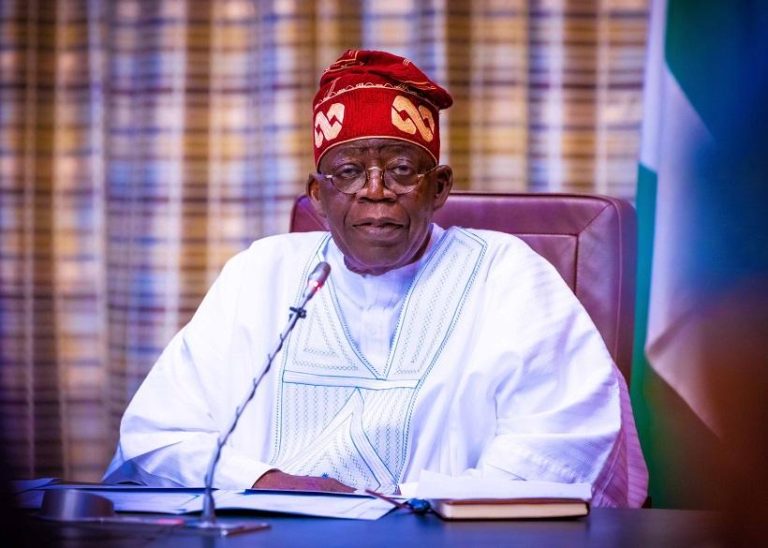
A proposal by the National Assembly to hold Nigeria’s next general elections — including presidential, governorship, and legislative polls — in November 2026 has triggered a fresh wave of controversy and public debate.
The plan, contained in a draft amendment to the 2022 Electoral Act, seeks to move elections forward by several months, mandating that they be conducted at least 185 days before the end of an administration’s tenure. This effectively shifts the polls from the traditional February or March dates to November 20, 2026.
Critics Warn of Governance Disruption
The proposal has drawn criticism from several quarters, including political groups and analysts, who argue that it could cripple governance by turning 2025 and 2026 into extended campaign seasons.
A coalition led by the African Democratic Congress (ADC) has condemned the move, warning that it would plunge the country into what it described as a “state of permanent electioneering,” where politics overshadows governance.
In a statement by its interim national publicity secretary, Bolaji Abdullahi, the ADC said:
“By cutting the political calendar by six months, this proposal threatens to push Nigeria into perpetual campaign mode. Campaigns will begin as early as 2025, leaving barely two years for real governance before politics takes over.”
The party cautioned that with leaders more focused on re-election than governance, state resources meant for development could be diverted toward political campaigns.
“Nigeria cannot afford a system where the government campaigns for two years and governs for two,” the ADC said, urging lawmakers to prioritize electoral and judicial reforms that ensure quick resolution of election disputes without undermining governance stability.
Proponents Cite Benefits for Electoral Justice
However, supporters of the proposal argue that holding elections earlier would allow sufficient time to resolve election disputes before newly elected officials are sworn in, thereby improving electoral integrity.
Chairman of the House Committee on Electoral Matters, Adebayo Balogun, explained that the adjustment would help eliminate situations where elected officials remain in office for years while their victories are being contested in court.
“We are proposing this change to allow all election cases to be concluded before swearing in new officials,” Balogun said. “Under the new proposal, tribunals will deliver judgments within 90 days, appeals will be decided within 60 days, and the Supreme Court will have enough time to conclude all matters before inauguration.”
The joint committee also recommended amending Sections 76, 116, 132, and 178 of the 1999 Constitution, transferring the authority to determine election timelines from the Constitution to the Electoral Act, to allow greater legislative flexibility.
Additionally, the lawmakers proposed early voting for certain categories of voters — including security personnel, INEC officials, journalists, accredited observers, and ad hoc staff — who typically perform essential duties on election day.
While supporters tout the benefits of the proposed shift, others believe it could deepen Nigeria’s governance challenges.
Public affairs analyst Prince Johnson Meekor argued that the focus should be on strengthening electoral institutions, not altering the calendar.
“If the goal is to conclude election petitions before inauguration, then we must strengthen the judiciary and INEC, not change election dates,” he said.
“Other democracies — like Kenya, Indonesia, and Ghana — have proven it is possible to maintain fixed electoral timelines while ensuring quick judicial processes. What Nigeria needs is institutional efficiency, not a perpetual campaign season.”
Supporters See Political Fairness
Yet, some proponents insist the proposal could enhance fairness and curb manipulation.
Lagos lawyer Kayode Akiolu argued that simultaneous presidential and governorship elections would prevent incumbent presidents or governors from influencing each other’s outcomes.
“When both the president and governors are fighting for their own survival on election day, they won’t have time to interfere in each other’s contests,” he said.
“If the 2023 presidential and governorship elections had been held the same day, Lagos State might have had a different outcome.”
Akiolu added that holding all major elections on the same day would reduce political interference, citing past cases where candidates from smaller parties won legislative seats because presidential and parliamentary polls were held simultaneously.
As the National Assembly continues deliberations on the proposed amendment, the debate underscores a familiar tension in Nigeria’s democracy — balancing electoral reform with governance stability.
While advocates believe the change could deliver cleaner elections and faster justice, critics fear it could weaken public administration, strain resources, and turn the political arena into an unending campaign.



